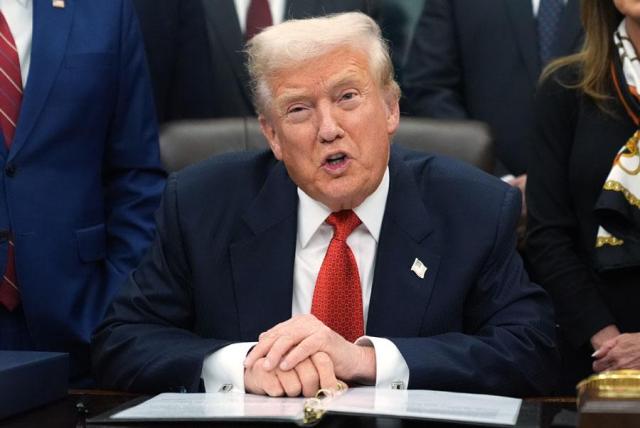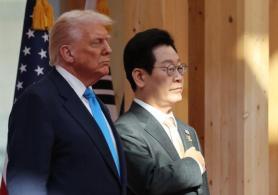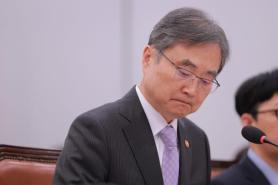
SEOUL, November 13 (AJP) - U.S. President Donald Trump's sweeping tariff policy faces headwinds as the Supreme Court is set to rule on the legality of tariffs imposed under the International Emergency Economic Powers Act (IEEPA).
The IEEPA is a 1970s-era U.S. law that grants the president broad authority to freeze assets or impose economic sanctions in response to emergencies that threaten national security or foreign policy. Trump invoked the law to impose tariffs on nearly all of the U.S.' major trading partners, declaring a national emergency over the country's trade deficit and fentanyl trafficking.
Many critics argue that Trump has stretched the law far beyond its intended purpose. With the court's rock-solid conservative majority with six conversative justices out of nine, three have already raised skepticism about the legality of Trump's aggressive tariffs during an oral hearing last week.
"There would be an economic disaster. It would be a national security disaster if we lost the case," Trump said on his social media earlier this week.
His remarks followed comments he made on a separate occasion at the White House on Monday, saying, "We're going to issue a dividend to our middle income people and lower income people - about $2,000 - and we're going to use the remaining tariffs to lower our debt."
If the court finds the tariffs illegal, as lower courts have ruled, the U.S. would have to refund billions of dollars it has collected, a scenario Justice Amy Coney Barrett described as a "mess." But that is unlikely to happen, as Trump is expected to come up with a Plan B or other measures.
South Korea, as one of these countries hit by U.S. tariffs, has been closely monitoring developments to prepare for possible fallout, although it finalized tariff-related negotiations late last month during Trump's visit here after resolving some contentious issues from an initial deal in late July, in which the two sides agreed to lower reciprocal tariffs from 25 percent to 15 percent in return for massive investment in the U.S.
Despite uncertainties over the legality of the tariffs, many believe the court's decision will not directly affect tariff deals already struck or related investment projects. In particular, the country's trade negotiations included a broad range of security issues such as defense cost-sharing for the upkeep of American soldiers here and the construction of nuclear-powered submarines.
Meanwhile, Seoul and Washington were expected to soon sign an official document for the newly agreed deal and release a joint fact sheet detailing Seoul's pledge to invest $350 billion in the U.S. But the official signing has been repeatedly delayed due to some lingering issues and it still remains unclear when it will happen.
Copyright ⓒ Aju Press All rights reserved.



